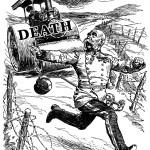About Protestantism
Various aspects of Protestantism, including but not limited to views on salvation, Bible versions, history, and denominations.
True Christianity seeks to ensure that all Christian teaching (doctrine) and Christian living is in agreement with Scripture (the Bible). The Protestant Reformation came about with this purpose in mind… an attempt – by many Catholic priests, monks and other Catholics – to reform (correct) the Catholic church to be in line with bible teachings. This is where the expression “Sola Scripturea” com from – which is Latin for Scripture Alone. The teachers and preachers who grew of out this “protestant” movement were protesting against many serious religious issues of their time:
- First and foremost: false teachings about salvation
- False teachings about God, Mary, Jesus and man’s own spiritual condition
- Serious abuses of power in the Catholic leadership
- Morally corrupt church leaders
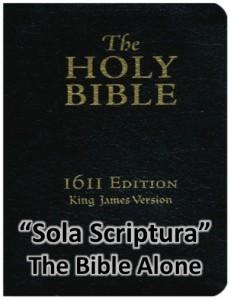
Who Or What Are Primitive Baptists?
Who Or What Are Primitive Baptists?
Primitive Baptists are a Christian sect (as in denomination) that believe they can trace their “roots” back to the first century New Testament Church. They believe in election and predestination but they refuse to call themselves Calvinists because they feel that it identifies them with John Calvin and his doctrine, including things Calvin preached that they do not agree with. They have beliefs in agreement with many protestants of our… Continue reading
The Steamroller Called Death
The Steamroller Called Death
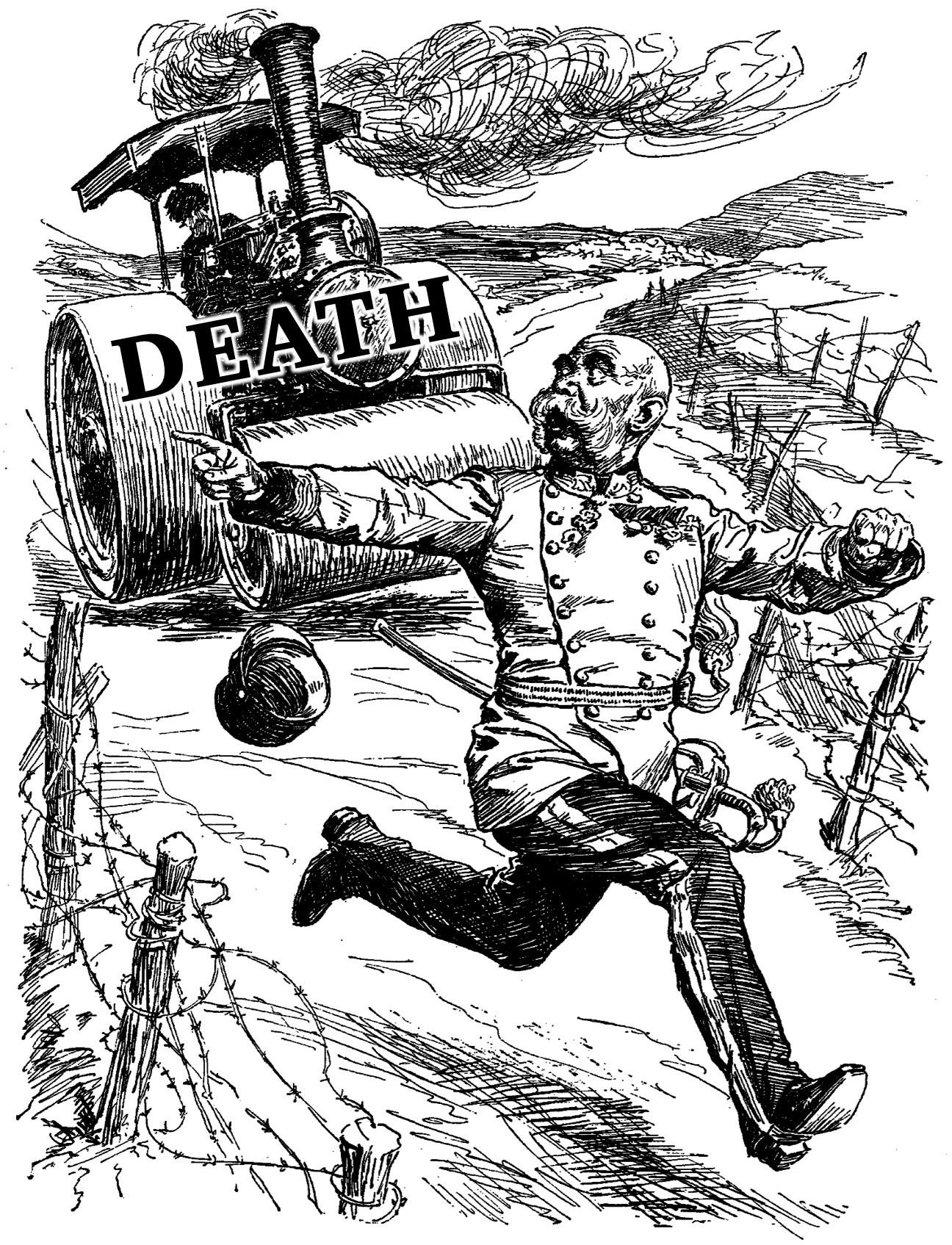
Death is like a steam roller. When you first see it at a distance, it looks harmless enough to you. After all, it’s moving slow and it’s far away. But before you know it, it’s right on top of you. And like an overpowering force, the steamroller called DEATH crushes all opposition in front of it, with ruthless disregard for whether or not you think it’s fair or think it’s your time to leave this world.… Continue reading
Hus The Heretic
Hus The Heretic
By Poggius The Papist
The First Epistle Of Poggius To Nikolai
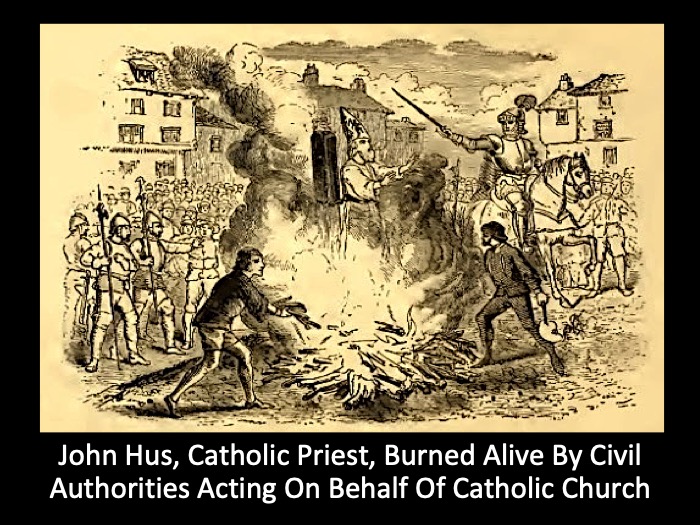
The following lengthy letter was written by a Catholic clergyman (serving as a messenger of the Pope) who wanted to document the trial of a Catholic priest named John Huss (also known as Jan Hus, John Hus or Johannes Huss) who was born in Bohemia which is now the Czech Republic. Huss had greatly angered the Catholic leadership for preaching against many serious theological… Continue reading
Biography Of John Gill
Biography Of John Gill
English Baptist theologian (1697-1771)
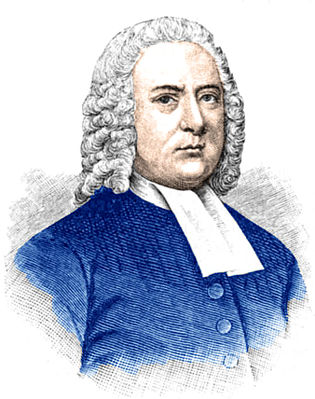
Dr. John Gill stands as one of the most important and yet misunderstood of our Baptist forefathers. His spirituality and intellect were only matched by the intensity with which others loved him or reviled him. Tom Nettles says of Gill, “He has doubtless been judged more harshly and even maliciously than any man of comparable repute in Baptist history.” How could one man demand such respect and at the same time… Continue reading
John Gill Memoir
John Gill Memoir
This is a scanned version of “A brief memoir of the life and writings of the late Rev. John Gill, D.D.”
You can read this electronic book in several ways, including from the reader window below.
Other formats include:
PDF | Plain Text | ePub
